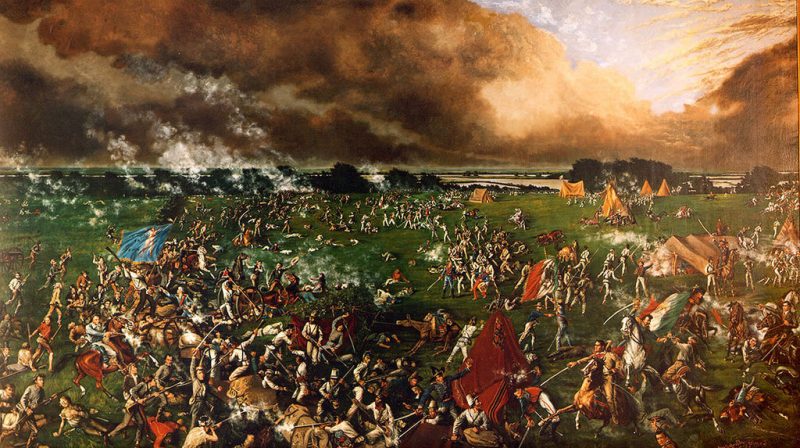Antonio de Padua María Severino López de Santa Anna y Pérez de Lebrón (Santa Anna, for short) thought very highly of himself – and with a name like that, who can blame him? He played a vital role in Mexico’s independence from Spain and became his country’s president – 11 times!
As such, he styled himself “The Napoleon of the West” – even though he lost Texas because he loved to take naps.
When the Spanish colonized the region, they had difficulty getting anyone to move there because it had little to offer except space. Also, the Comanche Indians were unhappy with the new arrivals and were not shy about expressing their displeasure.
What Spain needed was a buffer zone between the colonists in Mexico and the Comanche who occupied central and northwest Texas. They decided to invite non-Spaniards to settle there.
It worked! In 1816, about 5,000 non-Spanish Europeans took up the offer. Then what started out as a trickle became a flood!
Most were Protestant and spoke only English. Many had slaves (which was illegal in Mexico), nor did they understand Spanish laws and customs (nor cared to). By then, however, the Spanish Empire was crumbling, so it had other things on its mind.
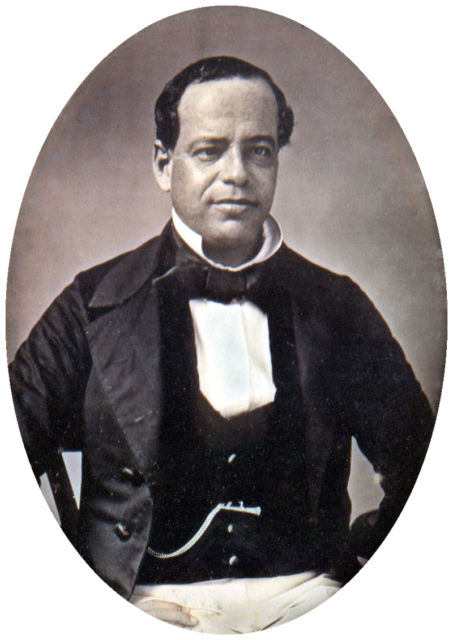
In 1824, Mexico broke free and claimed sovereignty over Texas. The new government believed in states’ rights, so they enacted the Constitution of 1824 which gave the mostly Anglo settlers of Texas many freedoms.
It could not last. The ethnic, religious, linguistic, and cultural differences between the nation of Mexico and its state of Texas were too enormous. In 1829, Mexico freed all Texan slaves and criminalized the importation of more.
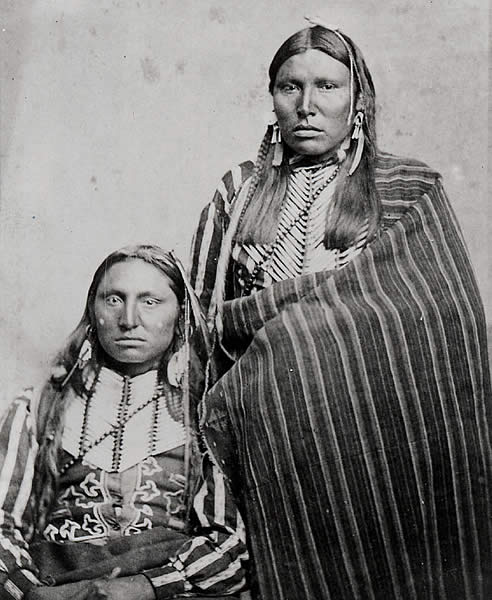
The following year, it banned further immigration by non-Spaniards. Then came taxes and import duties, from which the Texans had been exempt.
Mexico could not enforce these penalties, of course. The state was too big, its non-Spanish population too numerous, and Mexico too broke. English became the unofficial language, while Texas courts and government (the Consultation) resembled America’s more than it did Mexico’s.
Enter Santa Anna, who first became president on April 1, 1833. He voided the Constitution of 1824, abolished state rights, and centralized the government. Then he sent officers to collect taxes and import duties from the Texans.
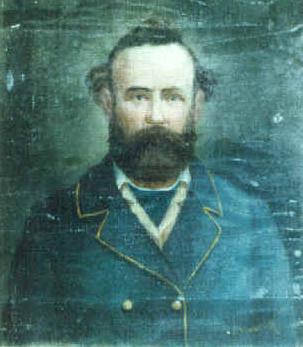
Clashes between the local populace and the Mexican military broke out. Texans sent Stephen Fuller Austin to Mexico City to plead their case, but he was arrested and imprisoned. Later released, he returned to Texas and said, “War is our only resource.”
On September 29, 1835, Colonel Domingo de Ugartechea, Commander of San Antonio, tried to remove a 6-pound cannon from the town. The community of Gonzalez apparently needed it for defense against Amerindian raids.
The Texans refused to let him take it, claiming he needed authorization from Santa Anna. When Mexican troops returned on October 2, they found the cannon aimed at them, surrounded by grim-faced Texans, and a sign that read, “Come and take it.”
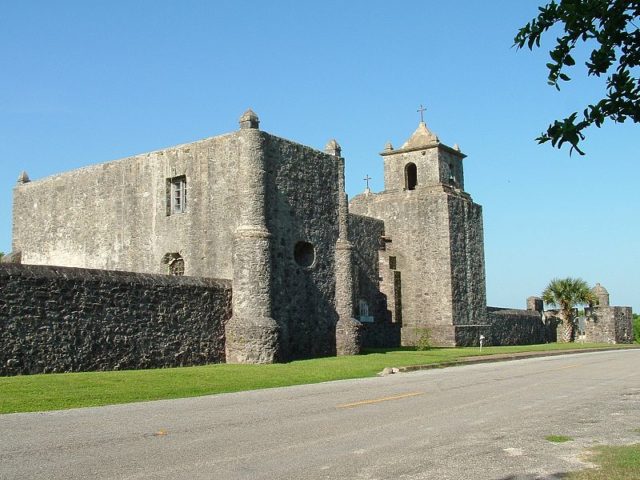
One Mexican soldier was the only casualty. With no orders to attack and the odds stacked against them, the troops retreated. More skirmishes broke out between Texans and Mexican soldiers, so Santa Anna decided to march.
Texas trembled. Its quasi-government squabbled between suing for peace and fighting for independence. A delegation was sent to the American government, asking for help.
Mexico controlled Texas through two major garrisons: The Presidio La Bahia Fort just outside the town of Goliad and The Alamo at San Antonio de Béxar (now just San Antonio).
On October 9, Texans attacked the Fort at Goliad. After just one dead soldier and several wounded, the commanding officer surrendered.
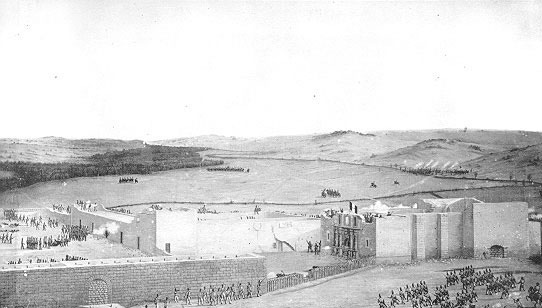
The following year, Santa Anna made his way to Goliad. He crushed the rebellion on the way, took prisoners, and sent them to the recaptured Presidio La Bahia. Then he set an example by slaughtering all 342 of them on March 27, 1836.
That left the Alamo. After a 13-day siege, its 200 defenders were killed on March 6. The only survivors were two women and one slave because Santa Anna wanted Texas to know who was the boss.
Big mistake. Now even the Texan moderates and peaceniks wanted blood. Even Tejanos (ethnic Mexicans in Texas) wanted a piece of Santa Anna, while the Mexican press demonized him.
“Remember the Alamo!” and “Remember the Goliad!” became the new rallying cry of the rebellion.
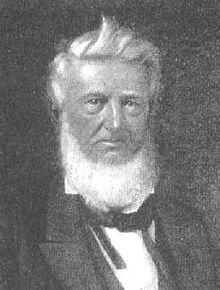
In Harrisburg (now part of Houston), the Consultation declared independence. Now they had to make it real. The interim president became David G. Burnet, while Samuel “Sam” Houston became its first general (and later its 7th governor). The Consultation then packed their bags and made for the Louisiana border.
General Houston also headed off but not for Louisiana. People wondered what the heck he was doing. Santa Anna wondered, too, before concluding that Houston would cross the Sabine River to join the Consultation. He gave chase, missed Houston, but made up for it by burning Harrisburg to the ground.
Houston was not on the run. He was buying time. His army was a rag-tag group of overly-angry but inexperienced men who needed training. On April 20, there was no more running.
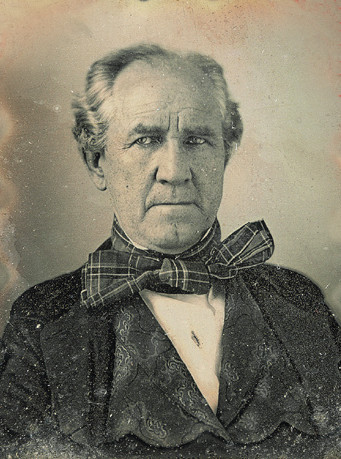
Santa Anna had set up camp on the San Jacinto Prairie (now in Harris County) with roughly 700 men. Thickly forested with oak trees and dotted with marshes, it was alien territory to the Mexicans, but not to the Texans.
Houston arrived with about 1,400, settling down some 500 yards away. Knowing his men’s mood, he ordered the Tejanos to stick cardboard in their hats so they would not be confused with the Mexicans. He then set up camp in a thickly wooded area to hide his numbers.
The first skirmish happened on April 20, which the Texans won, but at the cost of giving away their true numbers.
The next morning, Mexican reinforcements arrived, swelling their numbers to about 1,200. Then they waited for the Texans to make the first move.
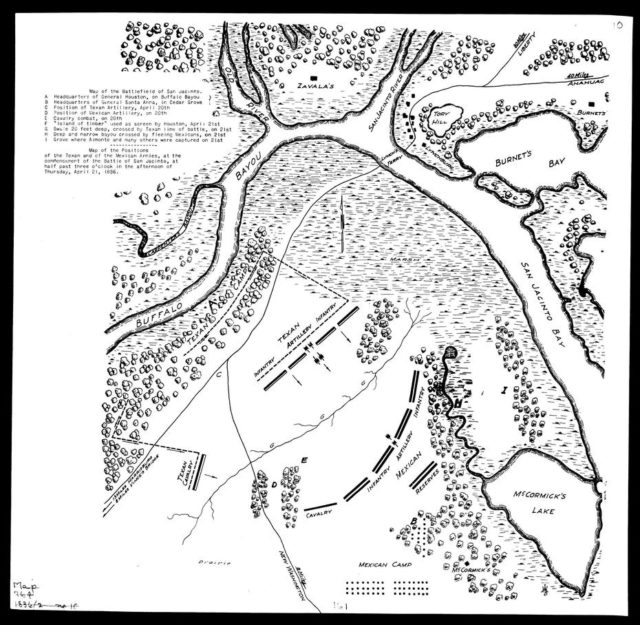
By noon, they were still waiting, so Santa Anna ordered them to take a nap. Convinced that the rebellion was nearly over, he did not even bother posting guards before getting himself some shut-eye.
The Texans attacked at 4:30 PM, but Houston was no longer in control – fury over the Goliad and the Alamo was finally released. 650 Mexicans died as opposed to 11 Texans.
They found Santa Anna and howled for his blood, but Houston had a better idea. He used the captive president as a bargaining chip to make the remaining 4,000 Mexican troops leave Texas.
Then he made Santa Anna officially recognize Texan independence, which the Napoleon of the West did. It was not binding, of course, but it was a start.
